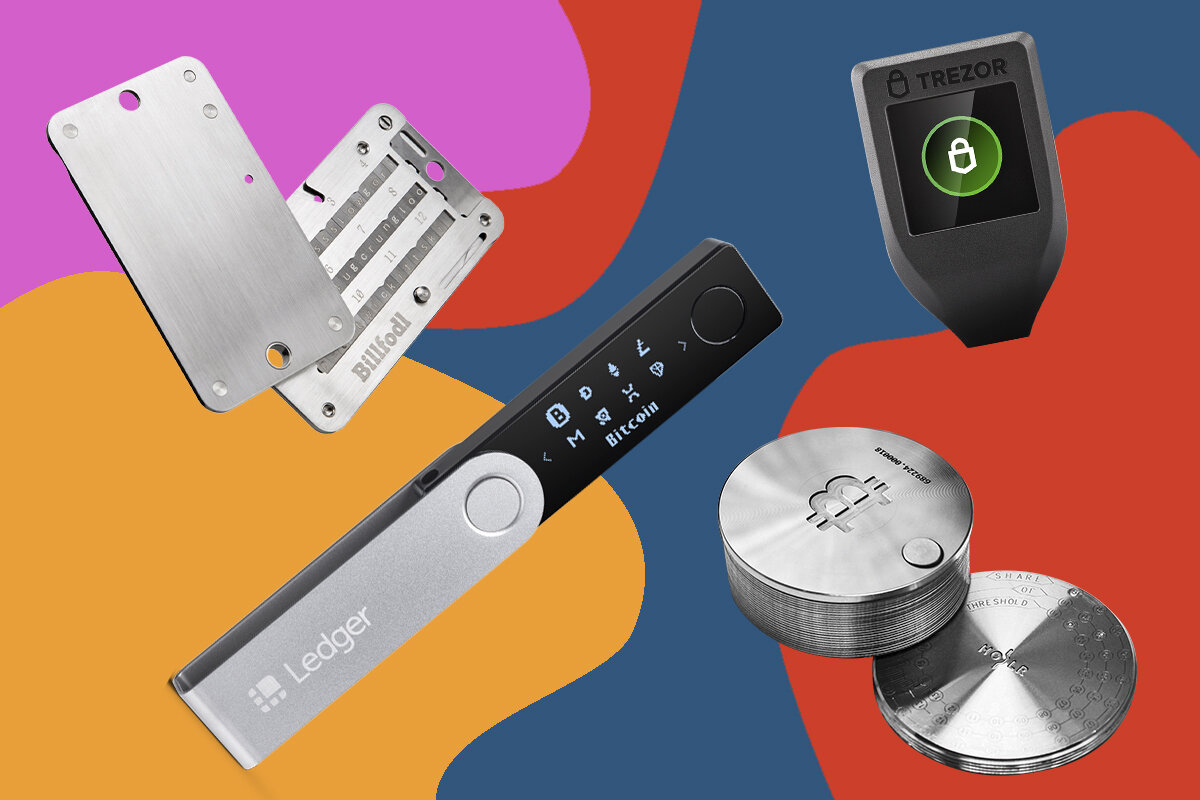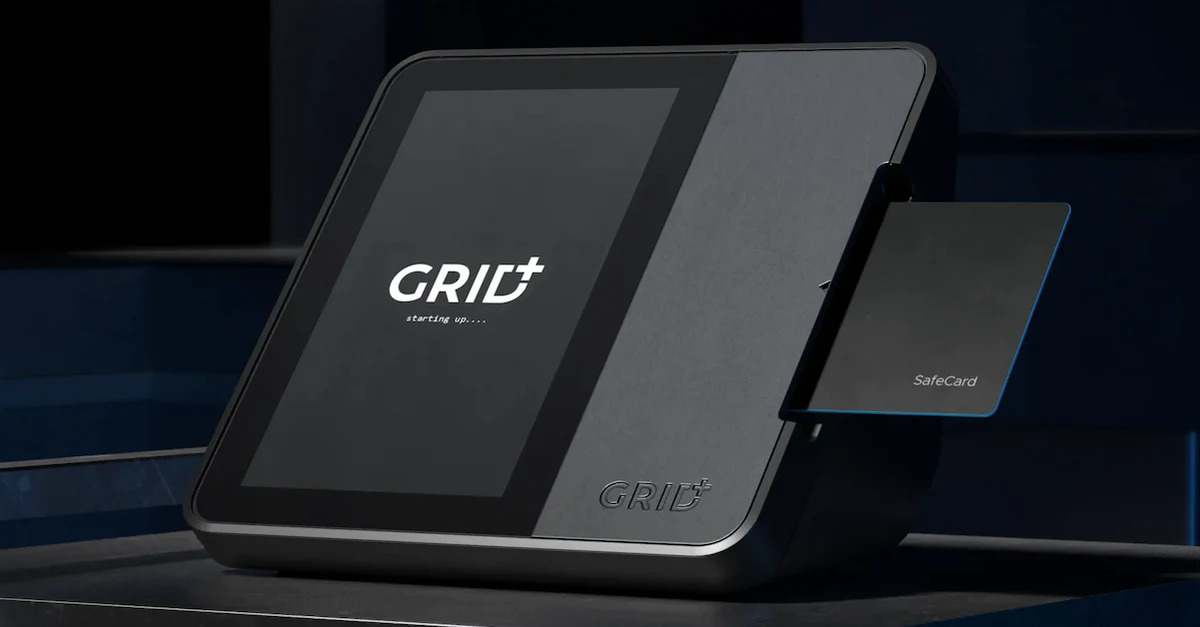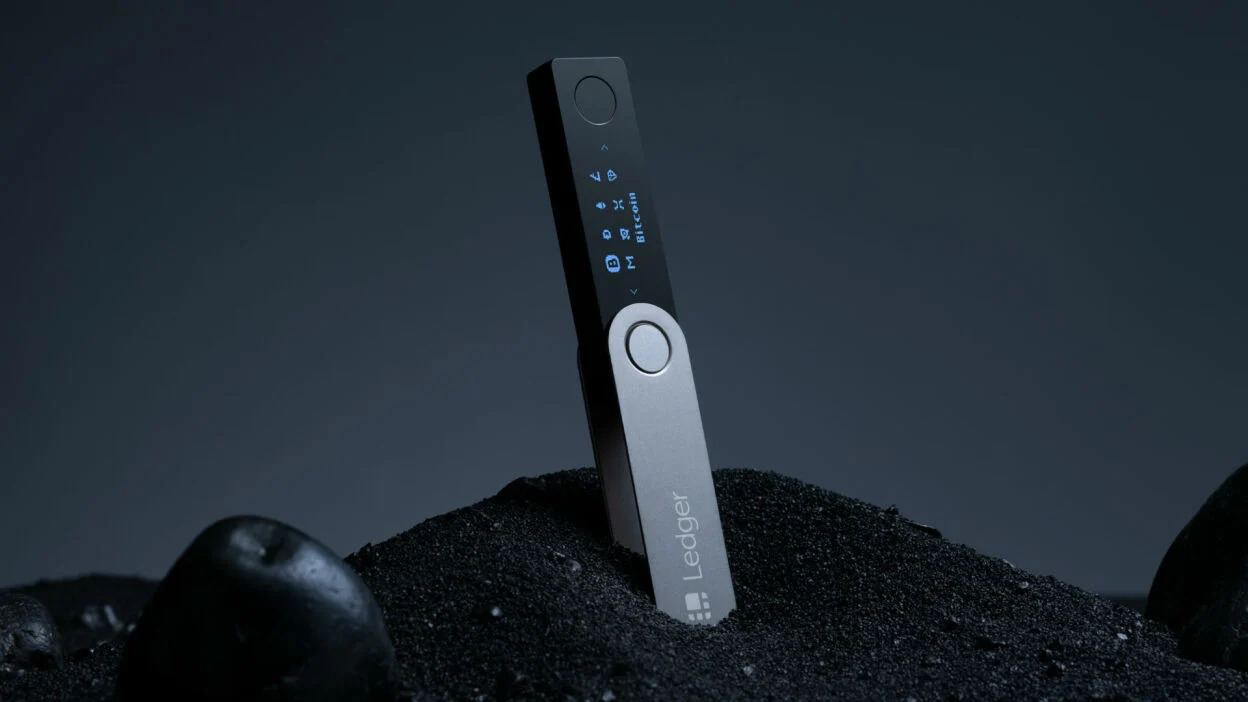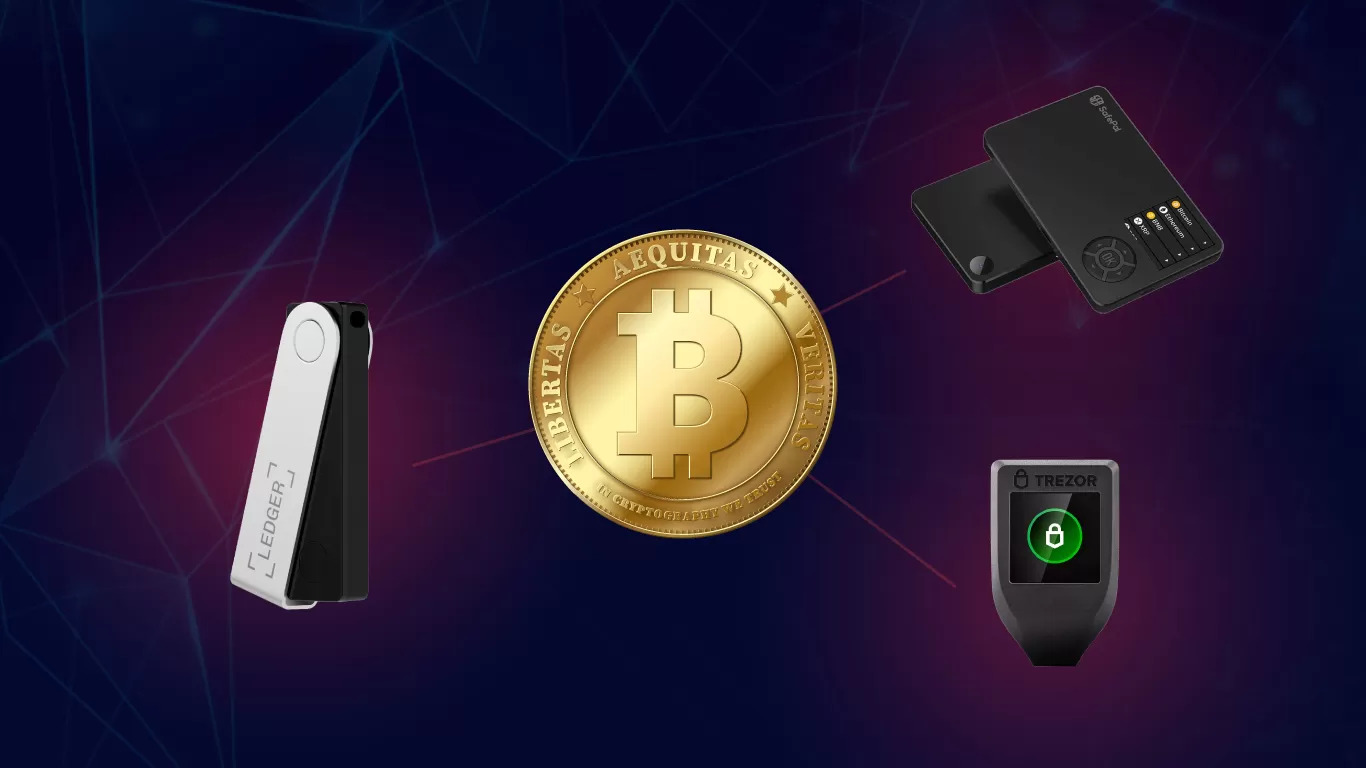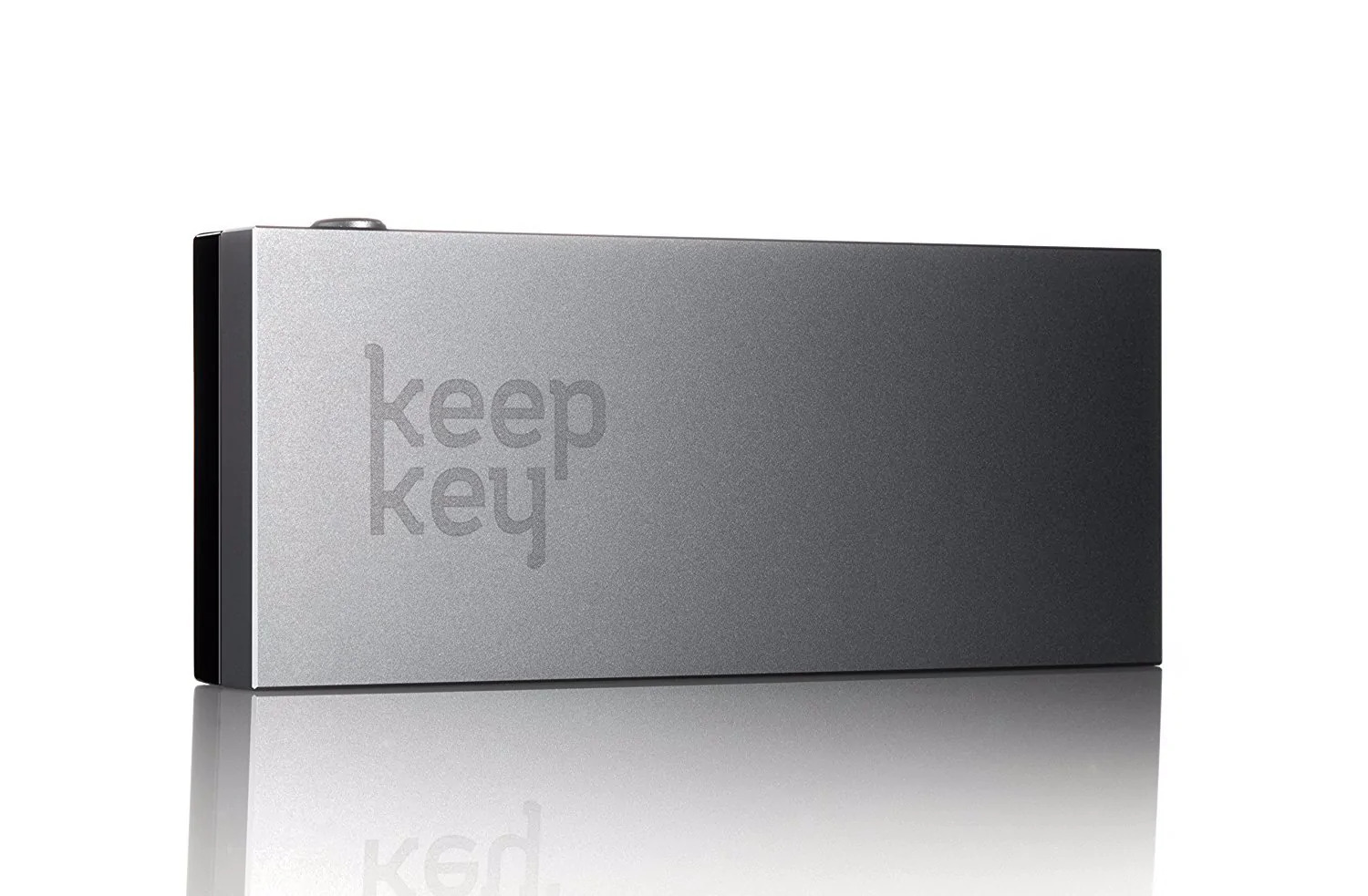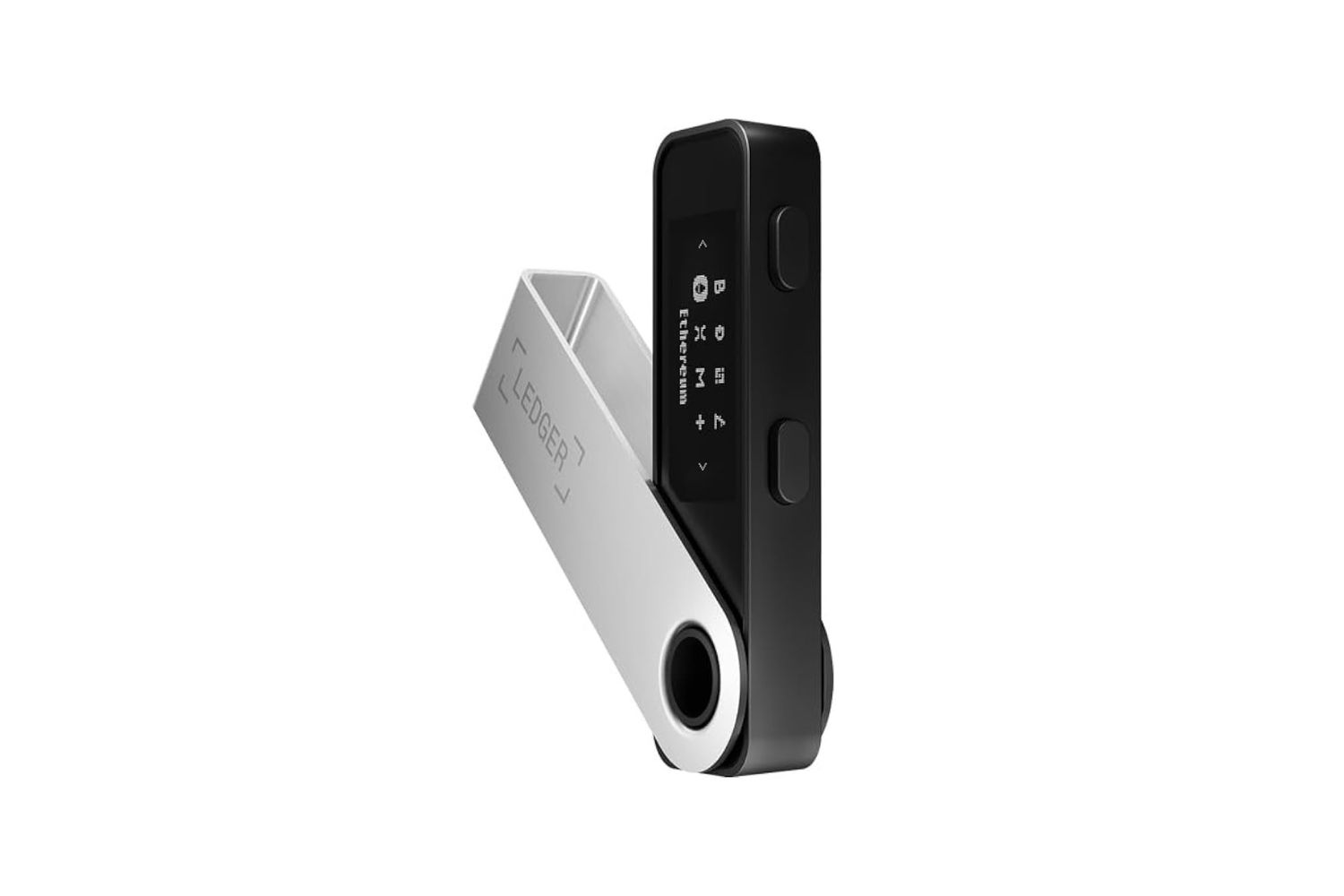What Is a Crypto Cold Wallet
A crypto cold wallet is a secure offline storage device or software application used to store cryptocurrencies. Unlike hot wallets, which are connected to the internet and more susceptible to hacking and theft, cold wallets provide an extra layer of protection by keeping the private keys offline. Private keys are necessary to access and manage cryptocurrency assets, making them a prime target for hackers.
By storing the private keys offline, cold wallets minimize the risk of unauthorized access and potential loss of funds. They are considered a safe and reliable way to store cryptocurrencies for long-term investment or storage purposes.
Cold wallets can take various forms, including hardware devices like USB sticks or dedicated wallets, as well as software applications that can be installed on computers or smartphones. Regardless of the form, the main purpose of a cold wallet is to ensure the security and integrity of the private keys.
With the increasing popularity of cryptocurrencies and the rising threats of cybercrime, it is crucial to have a secure storage solution for your digital assets. A cold wallet offers the peace of mind that your cryptocurrencies are protected from potential online threats and vulnerabilities.
In the next section, we will delve deeper into how cold wallets work and the different types available in the market.
Introduction
As the world of cryptocurrency continues to evolve and gain popularity, it’s essential to understand the importance of securely storing your digital assets. The rising number of hacking incidents and online thefts has highlighted the need for reliable storage solutions, one of which is a crypto cold wallet.
A crypto cold wallet is a secure offline storage device or software application used to store cryptocurrencies. It offers a higher level of security compared to online or “hot” wallets, as it keeps the private keys offline and protected from potential hacking attempts.
In this article, we will explore the concept of cold wallets, how they work, and the different types available. We will also discuss the pros and cons of using a cold wallet and provide guidance on choosing the right one for your needs.
By the end of this article, you will have a comprehensive understanding of crypto cold wallets and be equipped to make informed decisions to safeguard your cryptocurrency investments.
So, without further ado, let’s dive into the world of crypto cold wallets and discover how they can help ensure the security and integrity of your digital assets.
What Is a Cold Wallet
A cold wallet, also known as a cold storage wallet, is a cryptocurrency wallet that keeps the private keys offline. It is considered one of the most secure ways to store digital assets, as it eliminates the risk of online hacking and theft.
Private keys are essential for accessing and managing cryptocurrencies. They are like a unique digital signature that proves ownership of the coins and enables transactions. Hot wallets, such as online or software-based wallets, store these private keys online, making them vulnerable to hacking and cyber attacks.
A cold wallet, on the other hand, securely stores the private keys offline, away from the reach of potential hackers. This is typically achieved through dedicated hardware devices or specialized software applications.
By keeping the private keys offline, cold wallets provide an added layer of protection for your digital assets. Even if your computer or smartphone is compromised, an attacker would not have access to the offline private keys stored in the cold wallet.
Some hardware-based cold wallets come with additional security features, such as alphanumeric keypads or biometric authentication, to further safeguard the access to the stored cryptocurrencies.
Cold wallets are commonly used for long-term storage of cryptocurrencies, as they are not as readily accessible for frequent transactions compared to hot wallets. Instead, they serve as a secure vault for your digital assets, ensuring their safety and integrity over time.
However, it is important to note that cold wallets do have some limitations. While they provide excellent security against online threats, they are not immune to physical theft or loss. Therefore, it is crucial to store the cold wallet in a secure location and maintain backups of the private keys to avoid the risk of losing access to the stored cryptocurrencies.
In the next section, we will explore how a cold wallet works and the different mechanisms it employs to secure your digital assets.
How Does a Cold Wallet Work
A cold wallet works by keeping the private keys offline and secure, protecting your cryptocurrencies from potential hacking attempts. Let’s explore the working mechanism of a cold wallet in more detail:
1. Offline Storage: A cold wallet stores the private keys offline, away from any internet connectivity. This significantly reduces the risk of unauthorized access and potential hacking. Since the private keys are not exposed to the internet, they are less susceptible to online threats.
2. Secure Generation of Private Keys: When you create a cold wallet, it generates the private keys in a secure and random manner. This ensures that the keys are unique and cannot be easily guessed or reverse-engineered by potential attackers.
3. Transaction Signing: When you want to initiate a transaction using your cold wallet, it creates and signs the transaction offline. The signed transaction can then be broadcasted to the network using a separate device or software, allowing you to securely execute transactions while keeping your private keys offline.
4. Multi-factor Authentication: Many cold wallets provide additional layers of security by implementing multi-factor authentication. This can include features such as biometric authentication (fingerprint or facial recognition) or entering a PIN or passphrase. These measures add an extra level of protection, ensuring that only the authorized person can access and use the cold wallet.
5. Compatibility with Blockchain Networks: Cold wallets are designed to be compatible with various blockchain networks and different cryptocurrencies. This versatility allows you to securely store and manage a wide range of digital assets in a single cold wallet.
Overall, a cold wallet provides a secure and reliable way to store and manage your cryptocurrencies offline, reducing the risk of hacking and unauthorized access. By keeping the private keys offline, a cold wallet ensures that your digital assets remain protected even in the face of online threats.
In the next section, we will explore the different types of cold wallets available in the market and their respective advantages and disadvantages.
Types of Cold Wallets
There are several types of cold wallets available, each offering different levels of security and convenience. Let’s explore the most common types of cold wallets:
1. Hardware Wallets: Hardware wallets are physical devices designed specifically for storing cryptocurrencies offline. They usually resemble a USB stick and come with built-in security features. Hardware wallets generate and store private keys offline, and transactions are signed within the device itself. This type of cold wallet provides a high level of security and is immune to malware attacks on the computer or smartphone. Some popular hardware wallet brands include Ledger, Trezor, and KeepKey.
2. Paper Wallets: Paper wallets are a form of cold storage where the private keys are printed or written on a piece of paper. The paper wallet usually includes a QR code for easy scanning when you want to access your funds. Paper wallets are highly secure as they are completely offline, but they can be vulnerable to physical damage or loss. It’s essential to keep paper wallets in a secure and protected location.
3. Offline Software Wallets: Offline software wallets are cold wallets that run on a computer or smartphone but are never connected to the internet. These wallets generate and store private keys offline, providing a higher level of security compared to online or hot wallets. Offline software wallets can be downloaded and installed from reputable sources and are a convenient option for users who prefer managing their cryptocurrencies on their own devices.
4. Cold Wallet Apps: These are software applications designed for smartphones that allow you to store and manage cryptocurrencies offline. Cold wallet apps work similarly to offline software wallets, generating private keys offline and keeping them securely on your device. They offer a convenient and portable solution for managing your digital assets. It’s important to ensure that the cold wallet app you choose is from a trusted source and regularly updated for security patches.
5. Cold Wallet Cards: Cold wallet cards are physical cards that resemble credit or debit cards. These cards store the private keys offline and are usually equipped with secure elements or chips for added protection. Cold wallet cards can be easily carried in your wallet or purse, providing a portable cold storage solution.
It’s important to carefully consider your needs and preferences when choosing a cold wallet. Factors such as security features, ease of use, compatibility with different cryptocurrencies, and portability should be taken into account.
In the next section, we will examine the advantages and disadvantages of using a cold wallet for storing cryptocurrencies.
Pros and Cons of Using a Cold Wallet
Using a cold wallet has several advantages and disadvantages when it comes to storing and managing cryptocurrencies. Let’s take a closer look at the pros and cons:
Pros:
- Enhanced Security: Cold wallets provide a higher level of security compared to hot wallets. By keeping the private keys offline, they reduce the risk of hacking and unauthorized access to your cryptocurrencies.
- Protection Against Online Threats: Since cold wallets are not connected to the internet, they are immune to most online threats, such as malware and hacking attempts.
- Control and Ownership: With a cold wallet, you have complete control and ownership of your private keys and digital assets. You are not reliant on third-party services or exchanges to store and manage your cryptocurrencies.
- Support for Multiple Cryptocurrencies: Many cold wallets support various cryptocurrencies, allowing you to store and manage different digital assets in a single wallet.
- Offline Transaction Signing: Cold wallets allow you to sign transactions offline, ensuring that your private keys are not exposed to the internet during the transaction process.
Cons:
- Limited Accessibility: Cold wallets are designed for long-term storage and are not as easily accessible for frequent transactions compared to hot wallets. This can be inconvenient if you require immediate access to your funds.
- Physical Vulnerability: While cold wallets provide excellent security against online threats, they can be vulnerable to physical theft, loss, or damage. It’s important to store your cold wallet in a secure location and maintain backups of your private keys.
- Learning Curve: Using a cold wallet may require some technical knowledge and familiarity with the wallet’s features and functions. It may take time to get accustomed to the setup and operation of the wallet.
- Potential for Human Error: If not used properly, cold wallets can be subject to human error. It’s important to follow the instructions provided by the wallet manufacturer and take necessary precautions to safeguard your private keys.
- Cost: Some cold wallets, particularly hardware wallets, come with a price tag. While the cost is justified by the enhanced security, it’s important to factor in any expenses associated with purchasing a cold wallet.
Considering the pros and cons mentioned above, it’s crucial to evaluate your specific needs and preferences when deciding to use a cold wallet. The level of security, convenience, and accessibility required for your cryptocurrency storage will help determine if a cold wallet is the right choice for you.
In the next section, we will provide guidance on choosing the right cold wallet that suits your needs.
Choosing the Right Cold Wallet for You
Choosing the right cold wallet is an important decision to ensure the security and accessibility of your cryptocurrencies. Here are some factors to consider when selecting a cold wallet that suits your needs:
Security Features: Look for cold wallets that offer robust security features, such as multi-factor authentication, PIN protection, or biometric recognition. Choose a wallet that has a strong reputation for safeguarding private keys and protecting against potential threats.
Compatibility: Consider the cryptocurrencies you plan to store and manage with the cold wallet. Ensure that the wallet you choose is compatible with the cryptocurrency tokens you own. Some wallets support a wide range of cryptocurrencies, while others are more limited in their compatibility.
User-Friendliness: Evaluate the user interface and ease of use of the cold wallet. Look for wallets that offer a simple and intuitive user experience, making it easy for you to manage your digital assets without confusion or technical expertise.
Backup and Recovery: Consider the backup and recovery options provided by the cold wallet. Ideally, the wallet should offer a secure and straightforward backup process, allowing you to restore your wallet and private keys in case of device loss or damage.
Reputation and Reviews: Research the reputation and reviews of the cold wallet and the company behind it. Look for trusted brands that have a strong track record of security and user satisfaction. Read reviews from other users to gain insights into their experiences with the wallet.
Portability: Determine whether you prefer a physical cold wallet that can be easily carried with you, such as a hardware wallet or a cold wallet card, or if you prefer a software-based cold wallet that can be installed on multiple devices for added convenience.
Support and Customer Service: Consider the level of support and customer service provided by the cold wallet manufacturer. A reliable and responsive support team can assist you with any issues or questions that may arise during the setup and maintenance of your cold wallet.
Price: Take into account the cost of the cold wallet. While security is paramount, consider your budget and choose a cold wallet that provides the desired level of security without exceeding your financial constraints.
By carefully evaluating these factors, you can select a cold wallet that aligns with your preferences, security needs, and budget. Remember to always prioritize security when it comes to safeguarding your cryptocurrencies.
In the next section, we will wrap up our discussion and summarize the key points discussed throughout the article.
Conclusion
Crypto cold wallets provide a secure and reliable way to store and manage cryptocurrencies offline. By keeping the private keys offline, cold wallets offer enhanced security and protection against potential hacking attempts and online threats.
In this article, we explored the concept of cold wallets, how they work, and the different types available. We discussed the advantages of using a cold wallet, such as enhanced security, protection against online threats, and control over your private keys. We also highlighted the considerations for choosing the right cold wallet, including security features, compatibility, user-friendliness, and reputation.
However, it’s important to note that cold wallets also have limitations, such as limited accessibility, vulnerability to physical damage or loss, and the potential for human error. It’s crucial to store your cold wallet securely, follow proper backup and recovery procedures, and stay updated with the latest security patches.
Ultimately, the decision to use a cold wallet depends on your individual needs and preferences. If security and long-term storage of your cryptocurrencies are a priority, a cold wallet can provide the peace of mind and protection you seek.
Remember that proper security measures and practices, such as using strong passwords, enabling two-factor authentication, and staying vigilant against phishing attempts, are essential in conjunction with a cold wallet.
By understanding the benefits and considerations of cold wallets, you can make an informed decision that aligns with your cryptocurrency storage requirements. Safeguarding your digital assets is crucial in the ever-evolving landscape of the cryptocurrency world, and using a cold wallet is an effective step towards securing your investments for the long term.







